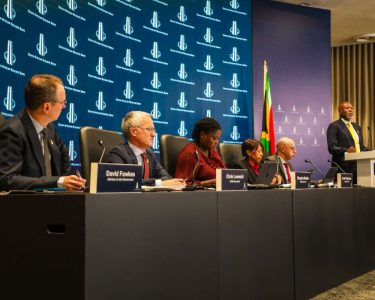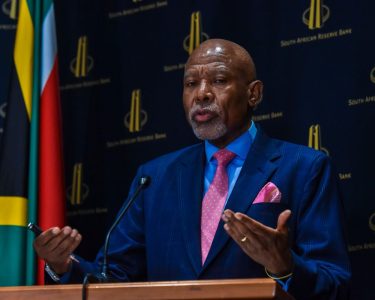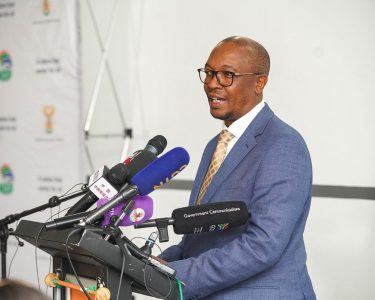
Eskom has made significant improvements towards load-shedding, and having gone through the winter period, the parastatal is confident that there will be no load-shedding in the summer period.
The Minister for Electricity and Energy Dr Kgosientsho Ramokgopa says Eskom has managed to deal with load-shedding in the country, now what is left is to deal with the challenge of affordability as electricity is getting more and more expensive, especially for the poor.
The utility in its outlook for the summer from 1 September 2025 to 31 March 2026, forecasts no load-shedding. Eskom says this is a recovery from last summer’s 13 days of load-shedding, when electricity was supplied 96% of the time due to delayed unit returns from planned maintenance.
“Eskom concluded its winter 2025 period on 31 August with only 26 hours of load-shedding across four evenings, successfully supplying electricity 97% of the time to support South Africa’s economy. This performance reflects the progress of Eskom’s Generation Recovery Plan and deliberate intensified maintenance resulting in continued improvements in plant performance,” said Eskom.
The utility says this summer represents an even greater improvement compared with the 176 days of load-shedding during the 2023/24 summer, when electricity was available only 17% of the time.
Compared with the commencement of last summer of 2024/25, supply and demand interventions at this comparative time have added ~4 000MW of extra capacity to meet expected demand this summer.
“This positive projected load-shedding-free Summer Outlook is the result of the progress achieved through the expertise and dedication of the Eskom Guardians over the past three years and the associated support from the government-led initiatives. It shows that our strategy is delivering on our commitment to energy security, supporting the country’s socio-economic programmes, and positioning Eskom as an investable, sustainable company ready to compete in the marketplace,” said Eskom Group Chief Executive, Dan Marokane.
“The structural shift in the performance of the generation fleet has, at the same time, delivered cost efficiencies, with savings in diesel spend of approximately R16 billion in the last financial year alone. We are currently increasing our focus and capacity to drive further efficiencies across Eskom through primary energy optimisation, procurement efficiencies, digital transformation, and capital productivity, together with revenue growth opportunities,” concluded Marokane.
“The disciplined execution and dedication by the Eskom teams have ensured the best winter period performance in recent years and laid a solid foundation for a positive Summer Plan,” said Eskom Group Executive for Generation, Bheki Nxumalo.
“Our recovery of generation capacity, improved plant performance, and operational excellence are stabilising the national grid and enhancing service delivery. Reduced load-shedding and improved EAF demonstrate that our interventions are delivering results for South Africa,” concluded Nxumalo.





